Table of Contents
In minimal amounts, eggs can be ideal for composting! However, you may encounter issues like unpleasant odors, pests, and salmonella contamination if you don’t prepare the eggs properly or manage the compost pile well. You can minimize these concerns by choosing the correct method for composting egg waste.
Discard eggs from sick and infected birds to maintain a purely organic, healthy compost. Pathogens in these eggs could harm your compost and slow down decomposition, potentially spreading diseases.
Spoiled eggs can produce foul odors and contaminate your organic compost with salmonella and E.coli. Additionally, eggs from hens treated with antibiotics might introduce antibiotic traces to your pile. If this concerns you, separate these eggs and dispose of them in a proper waste bin.
Some composting methods work better for eggs than others. Hot composting accelerates the decomposition of eggs and other organic materials using heat generated by microorganisms. A Bokashi bin ferments eggs and other waste inside a sealed container, preventing pests from entering and trapping any unpleasant odors.

Eggshells provide excellent sources of minerals like calcium, magnesium, phosphorus, and potassium, which gradually penetrate the soil or compost product. The calcium in eggshells helps prevent the pile’s pH balance from becoming acidic.
If composting eggs isn’t feasible, you can still use egg yolks and egg whites in various kitchen dishes. Enjoy them in desserts or as binding agents in meatballs and burgers. Eggshells can also serve as seedling holders. For a creative project, make a sustainable eggshell mosaic to decorate your home!
To create compost from eggs, follow the guide below.
How to Compost Eggs
Carefully prepare eggs for your compost pile to minimize the risks of pests and unpleasant odors. Optimal conditions in your composting process will result in a nutrient-rich soil additive for healthy plant growth!
Preparing Eggs for Composting
You can add cooked or raw eggs to your compost pile in small amounts. However, excessive egg waste and improper maintenance may cause your pile to smell and attract pests.
Other organic wastes, such as vegetable trimmings, fruit scraps, and other non-animal kitchen waste, are excellent green materials to mix your eggs with. Balance these wastes with carbon-rich materials to create a healthy compost additive.
Be cautious when adding eggs cooked in oil or dairy products. Excessive amounts of these cooking agents could potentially harm the microorganisms in your pile. Rinse fried eggs under running water to wash away unwanted oil or dairy products.
Keep in mind: Egg yolks and egg whites fall under the nitrogen-rich green material. Eggshells contain neither carbon nor nitrogen but are packed with fertilizing minerals like calcium, magnesium, phosphorus, and potassium.
Preparing eggshells for composting requires extra steps. Rinse the eggshells thoroughly to reduce the risk of salmonella contamination in your organic compost. Salmonella bacteria on eggshells–commonly passed through bird droppings–can pose a threat to human and plant health.
After drying the eggshells, crush them finely. Smaller pieces break down faster in your compost. Over time, the grounded eggshells will disintegrate and provide nutrients like calcium, magnesium, and potassium to your garden soil or pot mix. Whole eggs to your compost is not advisable.
Optimal Composting Conditions for Eggs
To successfully produce a nutritious compost product out of eggs, balance nitrogen-rich green wastes and carbon-rich brown materials. The ideal Carbon:Nitrogen (C:N) ratio is approximately 25 to 30 parts of brown materials to every one part of green matter. Dead leaves and shredded papers or cardboards are some excellent examples of brown materials that help prevent the compost from potential issues.
Regularly monitor your compost pile’s moisture level. If the compost is too dry, the composting process slows down. Excess water can cause your pile to smell bad due to an anaerobic environment. Adjust the moisture as needed for successful composting!
Organic waste, including small amounts of eggs, in a hot compost need oxygen to maintain the optimal temperature range of 90 to 140 degrees Fahrenheit. This particular range indicates microbial activity in the pile. Turn the compost pile frequently to aerate it with oxygen.
Place a sheet of metal, board, or screen over your compost pile or bin to protect your eggs and other organic waste from pests. This extra measure helps prevent cats, raccoons, rodents, and other animals from accessing your egg compost.
By maintaining these optimal conditions when composting eggs, you can ensure a proper composting process and produce nutritious compost.
How Long Do Eggs Take To Compost?
The time it takes for eggs to decompose in your compost can vary depending on the conditions. Although eggs can break down quickly, eggshells may take up to four weeks or more to fully decompose. To accelerate the decomposition process, pulverize your eggshells before adding them to the compost pile.
How Eggs Affect the Composting Process
Rich in minerals, eggs are excellent supplements to your compost when added in moderation. However, adding excessive amounts of cooked, or raw eggs may lead to potential issues such as foul smells and problematic pests.
Impact on Decomposition
Egg yolks and egg whites are rich in nitrogen, an essential component for the growth and function of microorganisms in the compost pile. They improve microbial activity, accelerating the decomposition process. However, eggshells may remain in the heap as tiny fragments unless pulverized into fine powder.
Microbial Activity
The calcium found in eggshells is beneficial in balancing the pH levels of the compost heap. Supporting microbial activity allows a proper and faster decomposition process in the pile.
Temperature and Moisture
Water content in the eggs can add more moisture to your compost. Adding excessive amounts of egg can dampen your compost, slowing down the decomposition process. For hot compost, maintain the optimum temperature range of 90 to 140 degrees Fahrenheit by constant turning.
Potential Issues With Composting Eggs
Composting eggs may cause some issues in your compost heap. With improper preparation and maintenance, these issues can be problematic and cause harm to your compost. Continue below for tips on how to mitigate these issues!
Will Composting Eggs Attract Pests?
Eggs are rich in proteins that attract common household pests like flies, raccoons, and rodents. To reduce this risk, bury crushed eggs deep within the center of your compost and mix them thoroughly with other organic items. This makes the eggs harder to reach and decreases the likelihood of attracting pests.
Only add small amounts of eggs to your compost. While eggs can contribute to a rich, nutrient-filled additive for your garden, too much can cause problems in your pile.
Using a compost bin or a Bokashi bin with a tight-fitting lid can help prevent pests from accessing the compost. Additionally, placing a metal sheet, board, or screen over your pile provides extra protection for your compost.
Will Composting Eggs Cause Odors?
Composting eggs can cause your compost to emit a bad smell if not prepared and incorporated carefully. This stinky odor can also attract pests. To minimize this issue, wash the crushed eggshells thoroughly and break them into small pieces to speed up the decomposition process.
Excellent additions when composting eggs include other green materials like food scraps. Shredded cardboard or papers can help prevent anaerobic conditions in the pile that contribute to unpleasant odors.
Mix these wastes and turn the pile regularly to ensure proper decomposition and reduce potential foul smells.
Methods for Composting Eggs
Some composting methods work better for eggs than others. Find out how these methods differ!
Hot Composting
Adding small amounts of eggs and crushed eggshells to a hot compost pile results in a healthy organic compost additive. This method relies on the heat generated by microbes to quickly break down organic matter. Prepare your eggs for composting and bury them with other nitrogen-rich green materials and carbon-rich brown materials. Balance these materials, moisten them when necessary, and regularly turn the hot compost heap to ensure a healthy compost product.
Cold Composting
Cold composting is a more relaxed approach to composting eggs. This method allows organic items, like eggs, to decompose over a longer period without regular maintenance. Bacteria, fungi, and insects break down the organic matter in this method. Due to its lower temperature, a cold compost pile typically takes longer than a hot compost pile to produce a healthy compost additive. Placing a sheet of metal or screen over your cold, open pile can help prevent pests from digging through your compost.
Vermicomposting
In minimal amounts, eggs are generally safe for vermicomposting. Prepare your eggs by crushing or pulverizing them, making them easier for worms to eat and digest. Eggshells add calcium to the compost, preventing the pile’s pH balance from becoming acidic. Egg whites and egg yolks in moderation are a great addition of protein and nutrients for your worm farm.
Before adding fried eggs to your worm bin, wash them first to prevent excessive amounts of oil or dairy products. Hard-boiled eggs, however, can be fed immediately after they are crushed into small pieces.
Bokashi Composting
Transform your everyday egg waste into healthy compost to use as fertilizer in your soil. The Bokashi method ferments organic items, such as egg yolks, egg whites, and eggshells, in a specialized Bokashi bin. This method keeps your compost away from oxygen and uses a unique mixture of inoculant bran to initiate and complete the decomposition process.
Add small amounts of crushed eggs and tightly secure the lid of your Bokashi bin. This approach prevents pests from reaching your compost and traps unpleasant odors inside the container.
Alternatives to Composting Eggs
If you can’t compost eggs, there are still other options that put them to good use. Explore the alternatives below!
Industrial Composting of Eggs
Industrial and institutional composting are available for organic wastes, such as eggs. Contact your nearest commercial composting facility to learn how they accept compostable materials. This option is ideal for those who cannot compost at home.
Reusing Eggs
There are many creative ways to reuse eggs at home.
Egg whites are essential ingredients for sweet, fluffy meringue. Store your excess egg whites instead of throwing them away, and re-purpose them as an enjoyable dessert. BBC Goodfood offers a colorful Rainbow Meringues recipe perfect for your kids to snack on!
Another great option is to whip excess egg whites and add hot sugar syrup, resulting in pillowy marshmallows. Enjoy them in s’mores, or add them to your warm cup of cocoa.
Use excess egg yolks to create homemade mayonnaise. Whisk egg yolks in a bowl, add mustard or oil, and a dash of lime to taste until the mixture thickens and turns white. Fresh garlic or chives can elevate the flavors of your homemade mayonnaise.
Say goodbye to crumbling meatballs and burgers! Egg yolks are excellent binding agents to hold in your preferred meat and aromatics. Try adding an egg yolk and flour to your meatball or burger mixture before cooking them. The egg yolk will help them maintain their intended shape!
You can also use eggshells to create beautiful art. Sprinkle crushed eggshells on a canvas and paint with colors of your choice, creating sustainable mosaic pieces that liven up any household space.
For gardeners, eggshells make great seedling holders. Cut eggshells in half, poke small holes at the bottom to drain excess moisture, add soil, and plant your seed. Once the seed matures, transfer them to a proper pot or tilled soil.
Feeding Eggs to Chickens & Livestock
Feeding eggs to chickens and livestock supplies them with enough calcium and protein. As chickens produce eggs, their calcium levels deplete. To meet their calcium needs, supplement their feed with crushed or pulverized eggshells.
Disposal Options for Eggs
If none of the options above are possible, segregate your eggs and dispose of them properly in an appropriate waste bin.
What Eggs Shouldn’t Be Composted?
Some gardeners avoid using rotten or spoiled eggs in their compost heap. Besides their unpleasant odor, rotten eggs can contaminate your compost with harmful bacteria like salmonella and E.coli. These bacteria may survive the composting process, especially in cold compost, and threaten your health. If this concerns you, discard rotten eggs in a proper waste bin.
Additionally, avoid adding eggs from sick and infected birds to your compost pile. These eggs could introduce harmful pathogens to your compost and persist, potentially spreading diseases.
Eggs from hens treated with antibiotics might introduce antibiotic traces to your compost pile. If this concerns you, separate these commercial eggs and explore alternative disposal methods to maintain a purely organic pile.
Safety and Precautions When Composting Eggs
Wear gloves as a precaution when composting eggs and eggshells. Always wash your hands with soap and running water after handling raw eggs to prevent the spread of unwanted bacteria.
FAQ
Should I wash raw eggs before composting?
Yes, washing your raw eggs minimizes the risk of salmonella contamination in your compost product. Salmonella bacteria on eggshells, commonly passed through bird droppings, may pose a threat to human and plant health.
Are eggs brown or green matter?
Egg yolks and egg whites are nitrogen-rich green materials. In contrast, eggshells contain neither carbon nor nitrogen, but are packed with fertilizing minerals like calcium, magnesium, phosphorus, and potassium.
Can I use rotten eggs in my garden?
In addition to their unpleasant odor, rotten eggs can contaminate your compost with harmful bacteria like salmonella and E.coli. These bacteria might survive the composting process, particularly in cold compost, and threaten your health. If this concerns you, discard the rotten eggs in a proper waste bin.




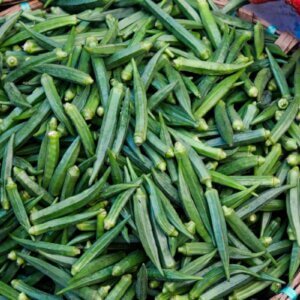





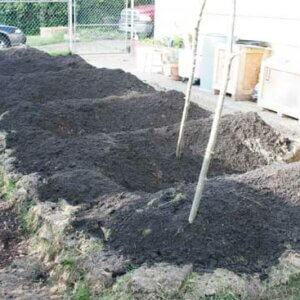



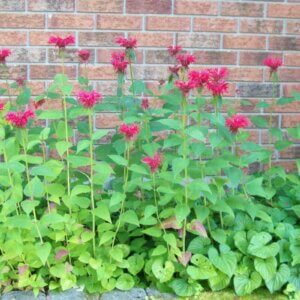



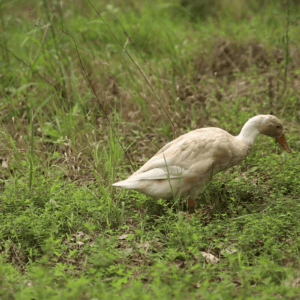

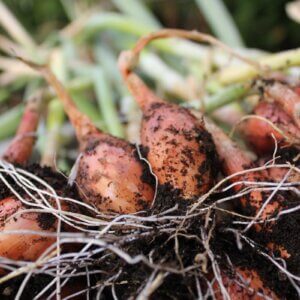
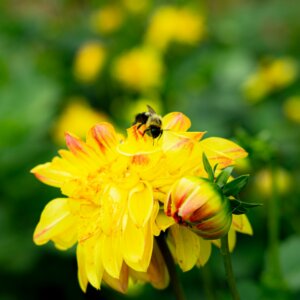


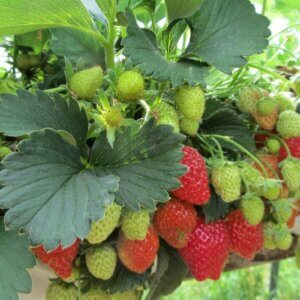
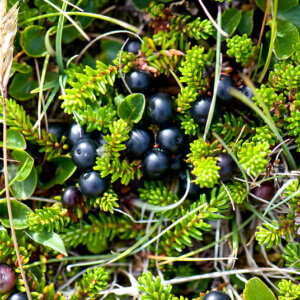
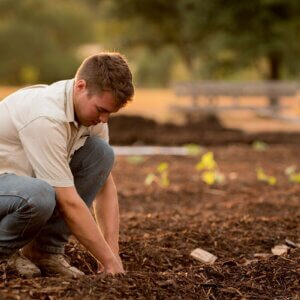
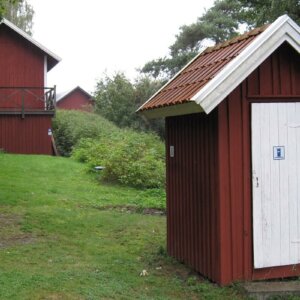
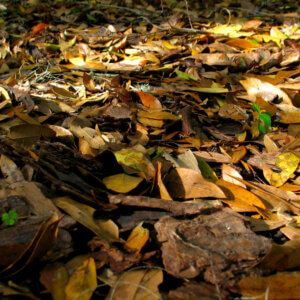
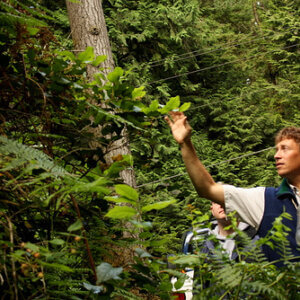






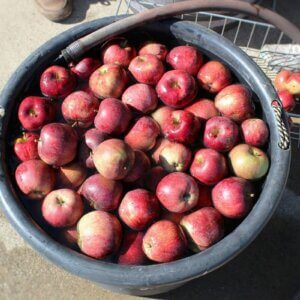





Leave a Reply